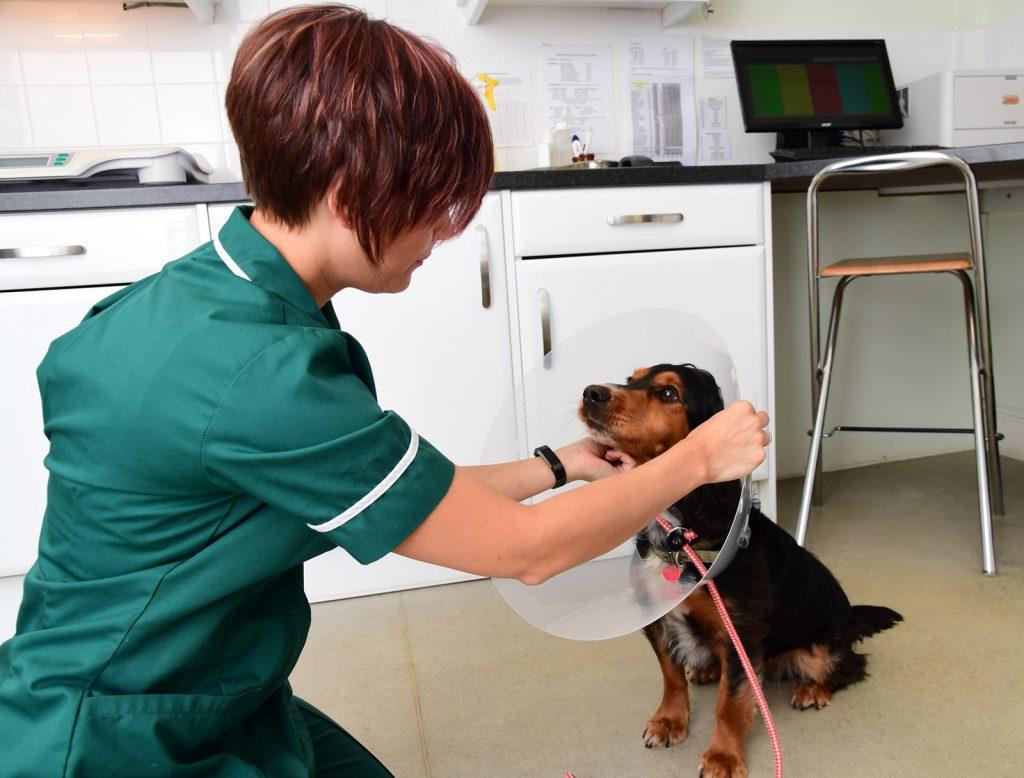Why should I neuter my pet?
At Mimram Vets we encourage neutering of pets. There are numerous benefits for both pet and owner such as preventing unwanted litters and many health benefits. However, before considering if you would like to neuter your pet we would invite you to discuss it with a member of our team.
When can I neuter my pet?
We will consider castration from 6 months of age but the correct time to castrate a dog is multifactorial and dependent on the individual dog,
From 6 months we are happy to examine your pet and assess whether it is appropriate to castrate them at this time. If you are part of the Pet Health Plan, your 6 month health check is the perfect opportunity to start this discussion. Usually, we prefer the larger breed dogs to have completed their bone growth – so we wait until at least 1 year and for giant breeds 18 months.
Very nervous individuals also may benefit from waiting. If you have any questions please contact us and we will arrange a consultation.
We advise that female dogs are spayed 3 to 4 months after their first season. If your dog has already had more than one season, we advise spaying 3 to 4 months after the last season finished. With cats, we are happy to discuss neutering from 4 and a half months of age for both sexes. Generally speaking male rabbits can be neutered from 4 months and females from 6 months. This does however depend to some extent on the size, breed and stage of development of the rabbit.
All neutering operations are surgical procedures and need to be booked in advance. If we have not seen your pet before it will always be necessary to check him or her before admission.
What do I need to do if my pet is coming in for an operation/procedure?
Dogs
The day before the general anaesthetic, feed your dog as normal (including their evening dinner), then feed at least half a meal between 11pm and 21a. Keep water down at all times and allow them to go to the toilet before you take them to their appointment.
Cats
The day before the general anaesthetic, feed your cat as normal. If the have food down all the time, then take their food away around 11pm/12am.
Give them a small meal at 11pm/12am. If they are an outdoor cat, then make sure they are kept indoors from midnight with a litter tray. Keep water down at all times.
Puppies and kitten
We don’t usually fast puppies or kittens before a procedure. Please always contact us for specific advice regarding these young patients.
Rabbits and small furries
Please note that rabbits and small furries should not be starved at all.
Post-operation
When your dog or cat goes home he/she may be feeling quite sleepy so they will need somewhere warm and quiet to sleep. They may not always feel like eating but if they do, a small amount of boiled chicken/white fish and rice or some scrambled egg is ideal.
Rabbits need to eat continuously and a rabbit not eating is an emergency! If your rabbit is not eating after a procedure don’t delay – contact us straight away!

